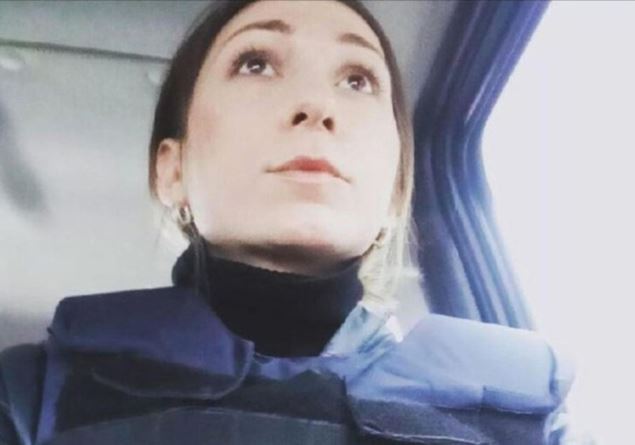A major advance in the treatment of Parkinson’s disease.
Second most frequent neurodegenerative disease after Alzheimer’s, Parkinson’s disease affects approximately 272,500 people in France, including 25,000 new cases which are declared each year. Contrary to popular belief, this pathology is not a “elderly” disease since 50% of patients are diagnosed at 58 years on average. If one cannot cure, several drugs help to manage the motor symptoms (tremors, involuntary movements …) and non -motor (cognitive disorders, depression, insomnia). These include drugs capable of increasing or replacing dopamine, the hormone which is deficit in patients with parkinson. Most often, these drugs are administered orally (capsule or tablet), more rarely subcutaneously (via pump or injector pen), by patch or intestinal. Problem, these drugs are almost all linked to side effects and a progressive loss of efficiency.
To gain efficiency, French researchers have explored a new way of administration. They developed a continuous dopamine infusion directly administered in the brain of 12 patients on average of 61 years, taken care of at the Lille CHU. These patients had severe complications (at least 2 hours of blocking and 1 hour of involuntary movements per day) linked to oral treatment by L-DOPA (Lévodopa), the most powerful drug to improve the motor disorders of Parkinson’s disease which is A pioneer of dopamine.
Thanks to a pump placed in the abdomen (patented by the company Inbrain Pharma®), a dose of dopamine is delivered in the brain every 30 seconds via a end catheter placed under the skin and inserted where the loss of neurons Dopaminergic is the most important (in purple on the diagram). The dose of dopamine is gradually increased in the first 3 months until you have a satisfactory control of the symptoms. In parallel, oral treatment is reduced until it becomes residual. The implantation of the pump required 4 hours of intervention under general anesthesia.
Win 6 hours of autonomy per day
After 4 years of continuous infusion, “Our clinical trial has demonstrated excellent results for our patients on feasibility, safety and clinical effect on handicap control“, was delighted by Professor Caroline Moreau (CHU and University of Lille), co-author of the study and researcher in Lille Neuroscience & Cognition (Inserm). Concretely, the cerebral infusion of dopamine allowed a gain of more than 4 hours of symptom control and more than 6 hours of functional autonomy time (slight slowdown does not annoy the activities) for a period of 24 hours compared to oral treatment by L-DOPA alone.The infusion is well tolerated and its effectiveness is remarkable. After 4 years, all patients have chosen to continue treatment in its long -term follow -up phase“Added to Medscape, Professor David Devos, who led the study.
The injection of dopamine into the brain was envisaged in the 1980s but abandoned due to the chemical instability of dopamine, which oxidizes quickly and becomes ineffective. Today, researchers confirm the feasibility of this therapeutic approach long deemed unrealistic. Promising results published in the journal Medicine nature relate to the experimental stadium. To be considered in France and become an option of choice of treatment, it will have to submit to an international clinical trial of phase 3 scheduled for the start of 2026. “We can hope to have treatment on the market from 2030“Concludes Professor Devos.








